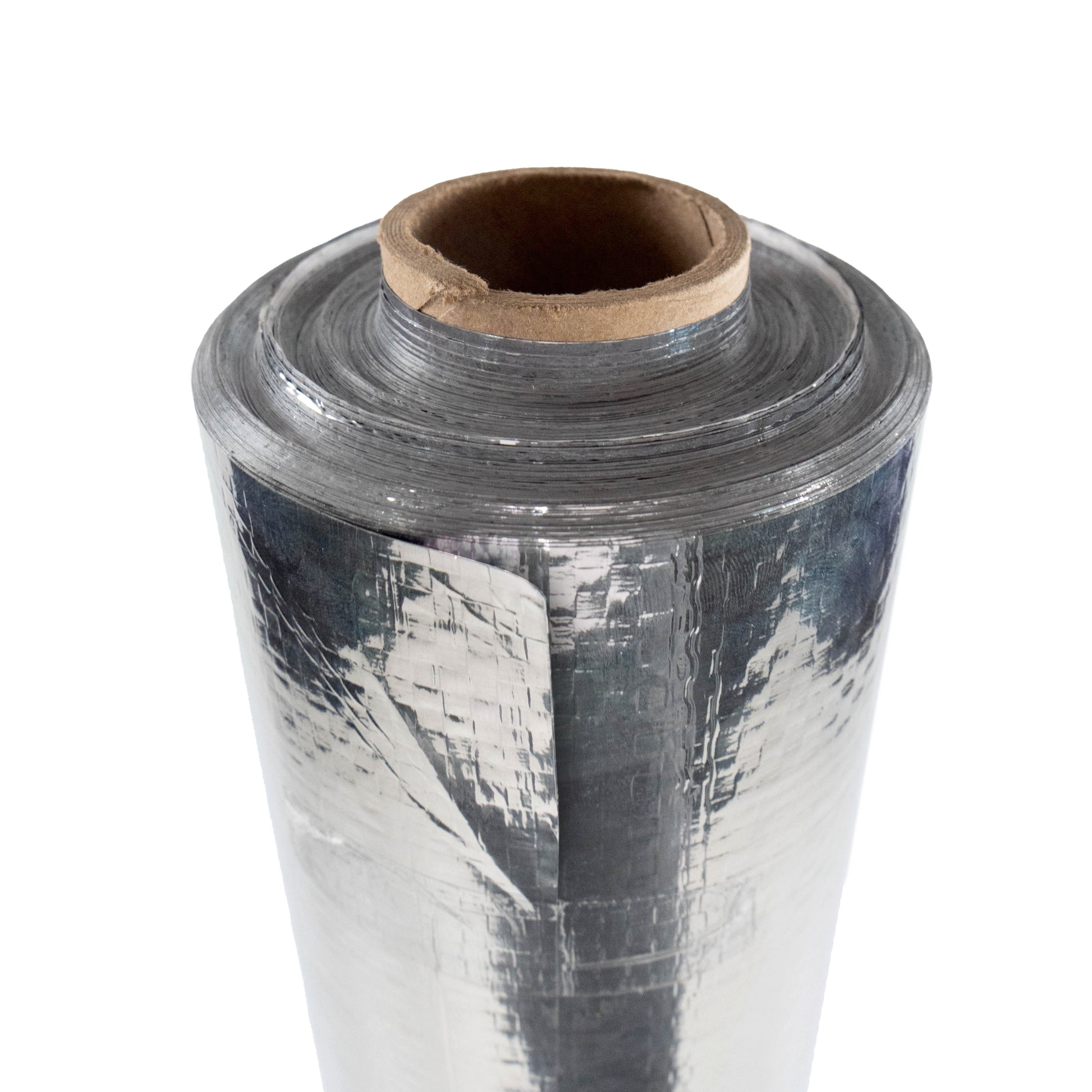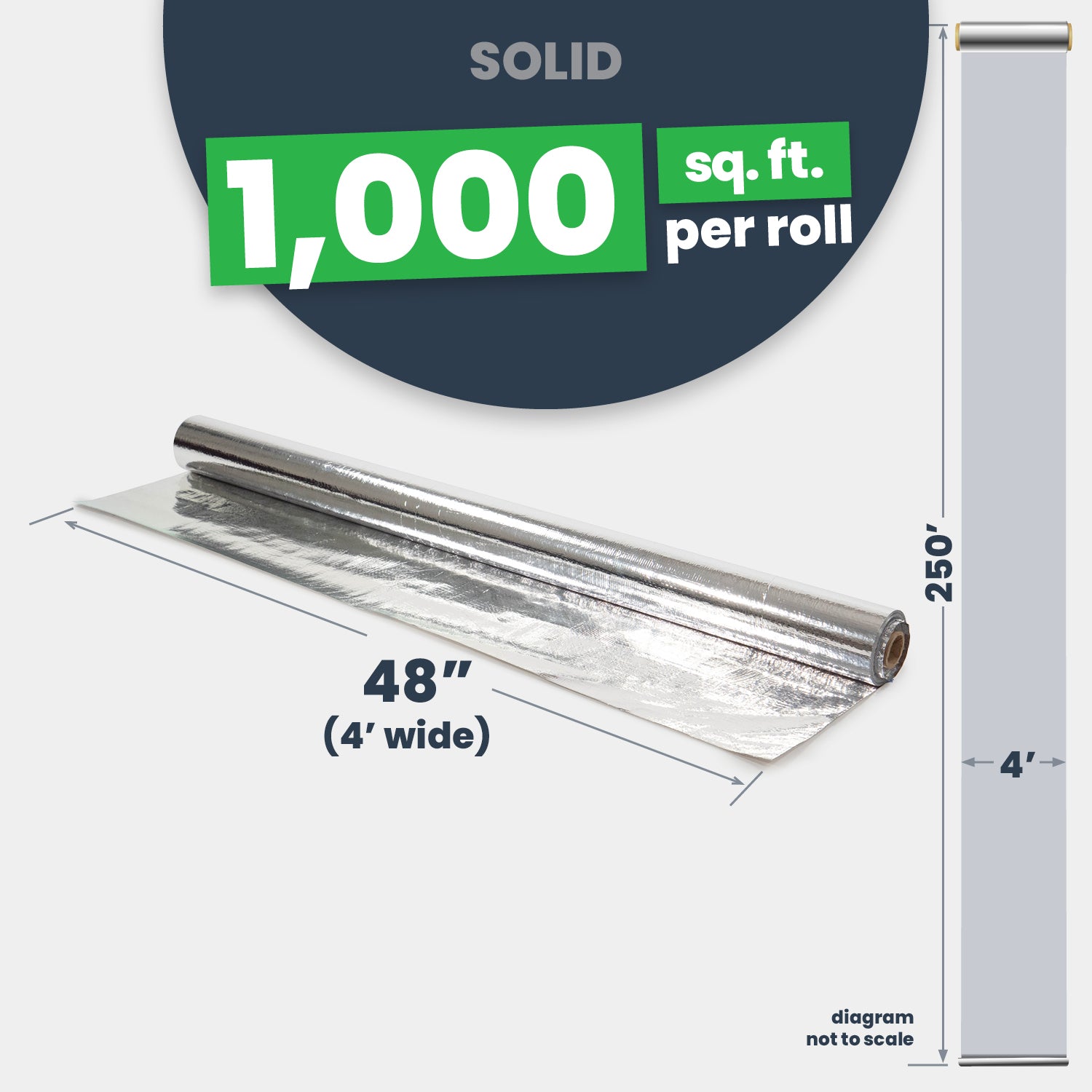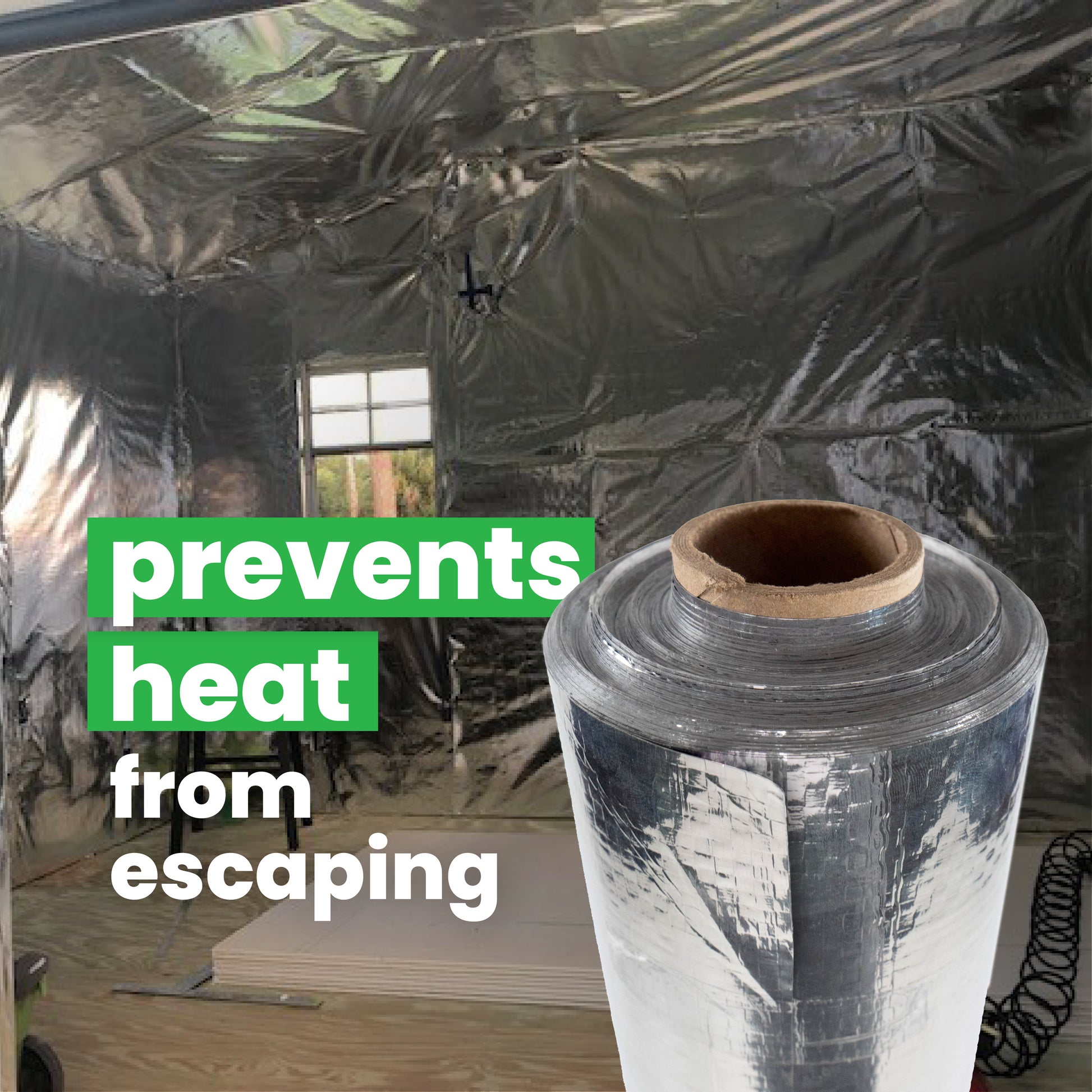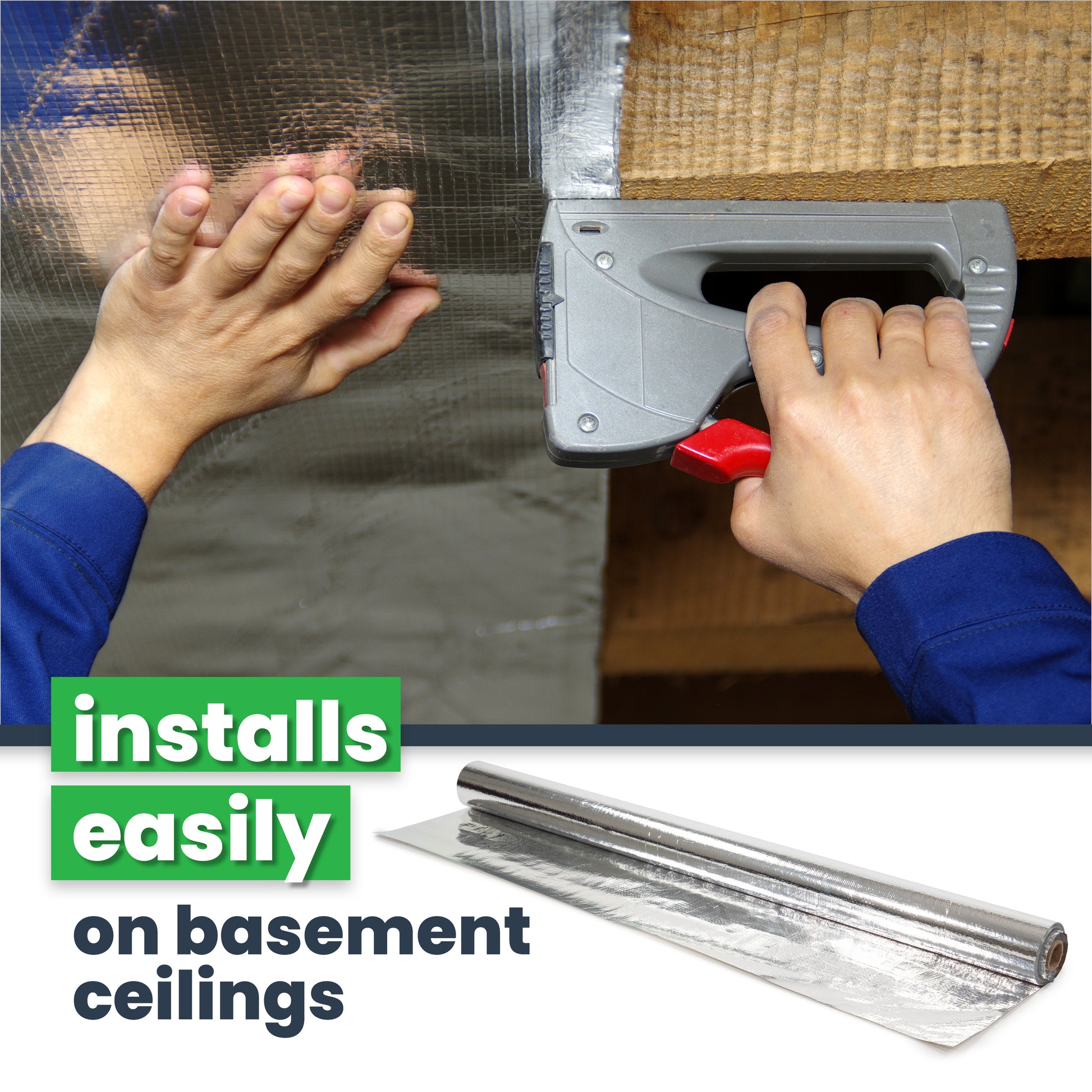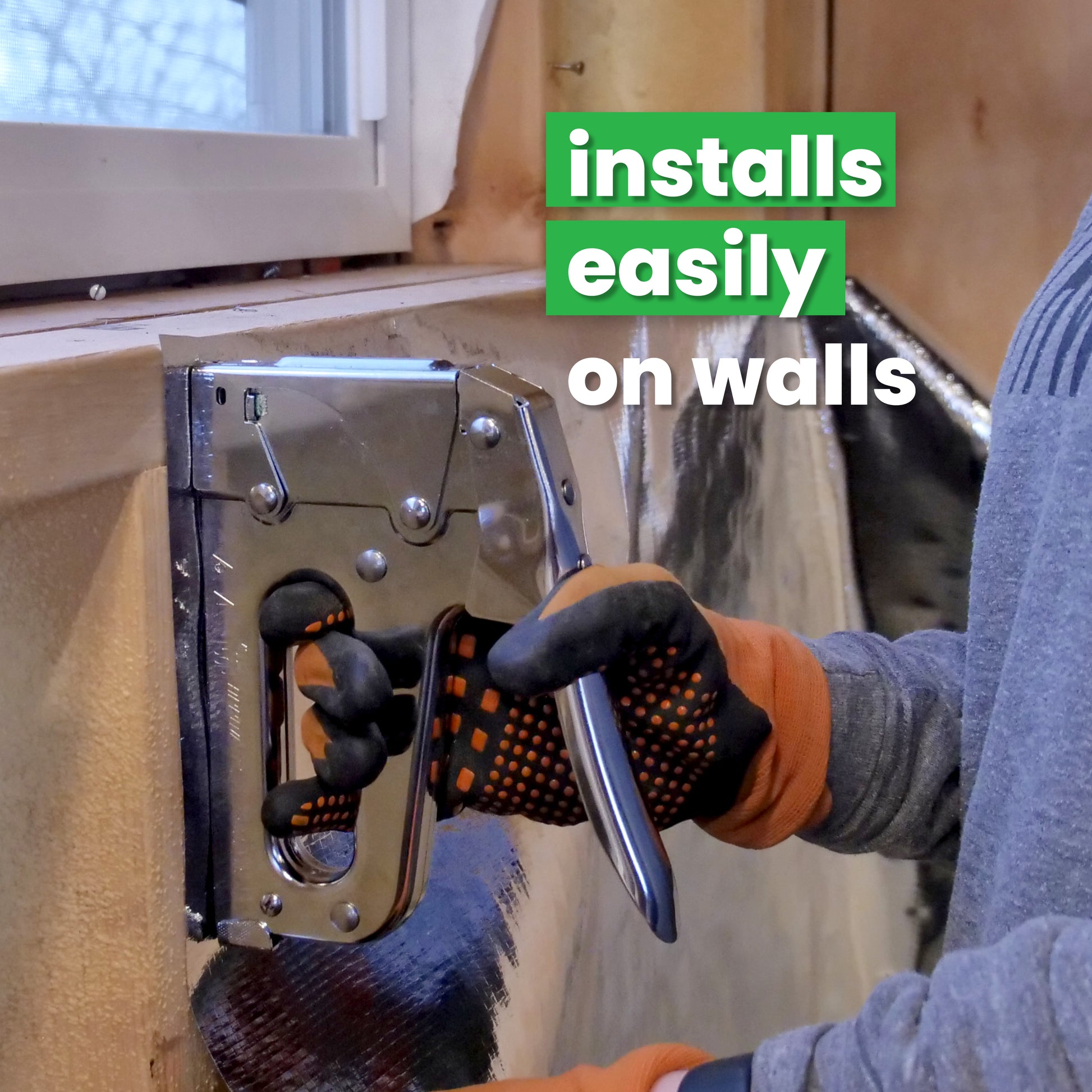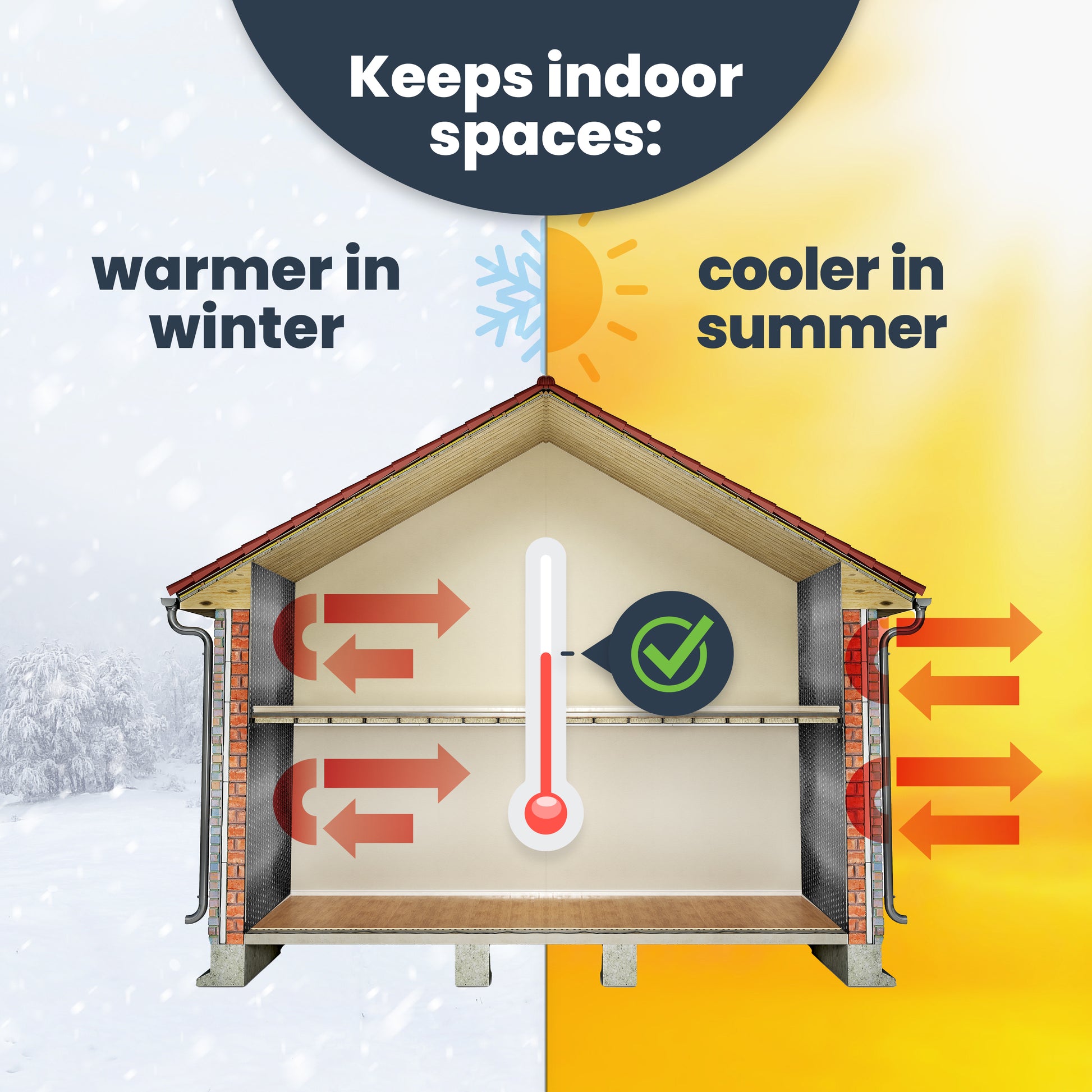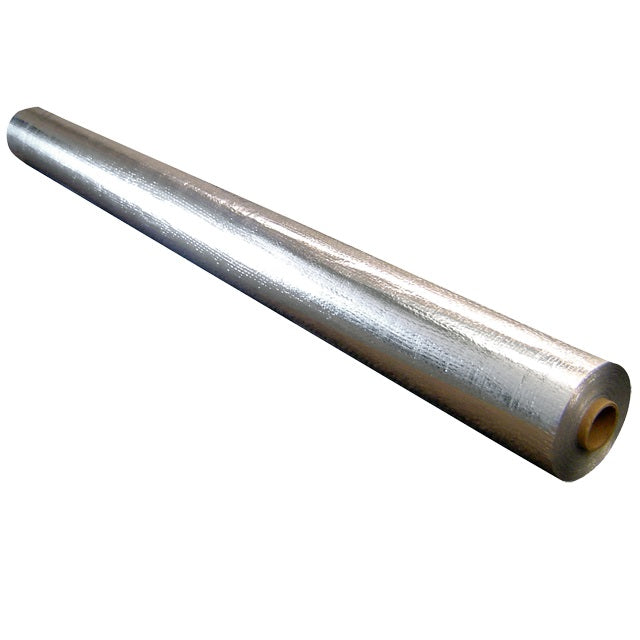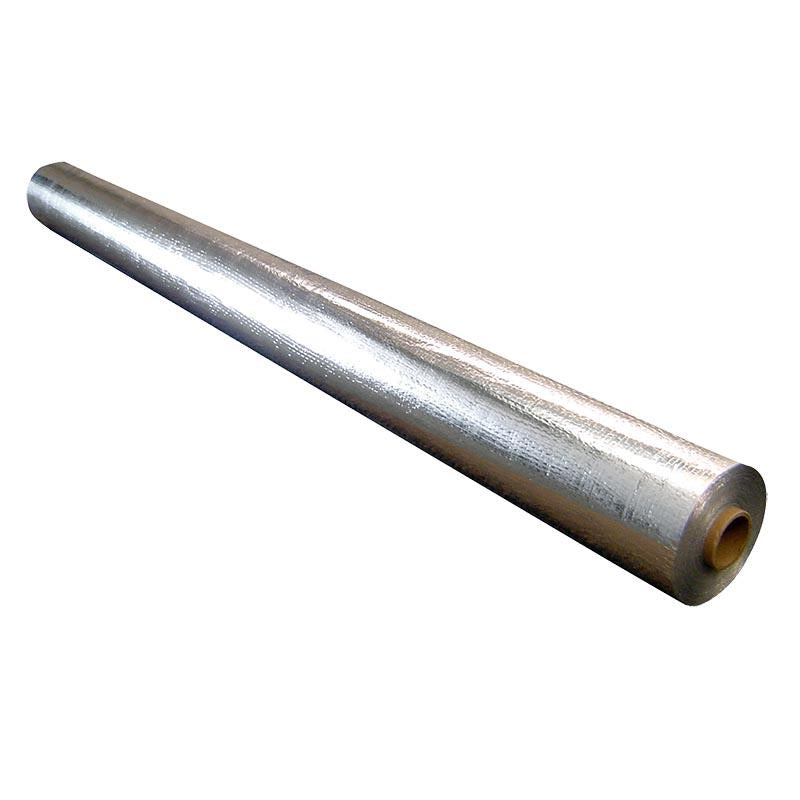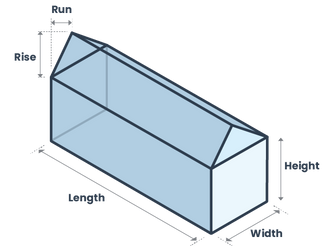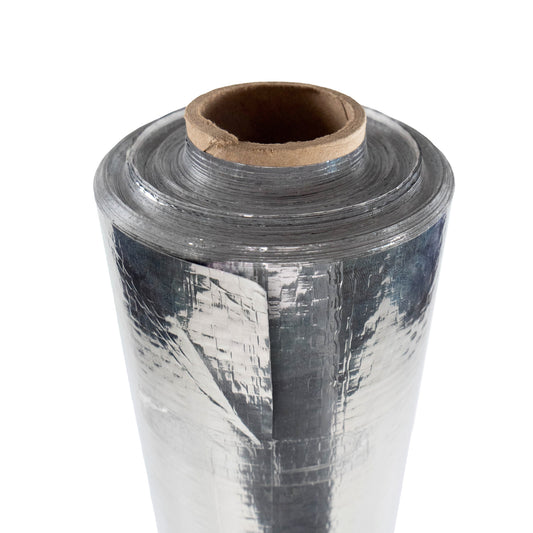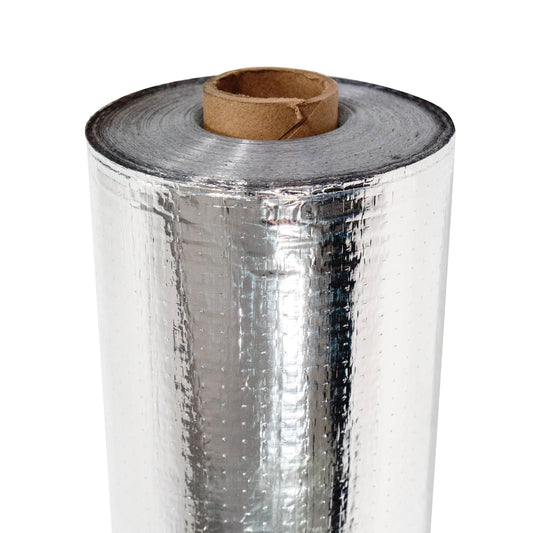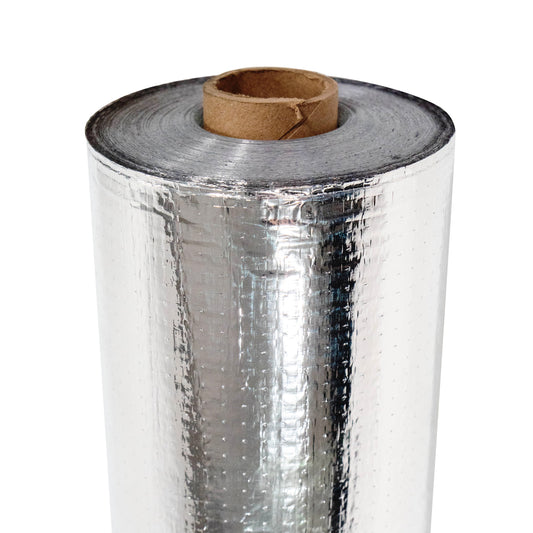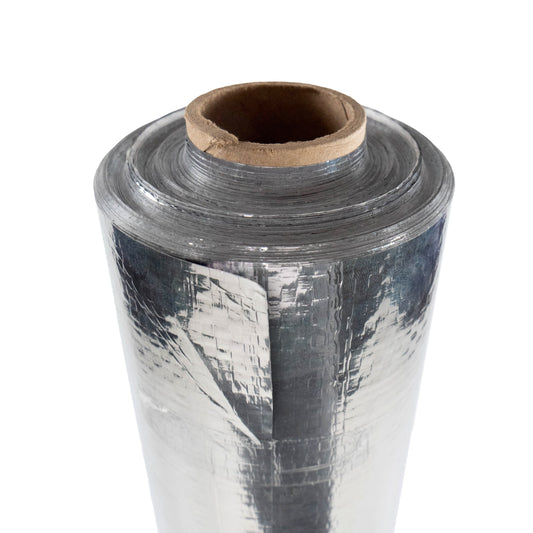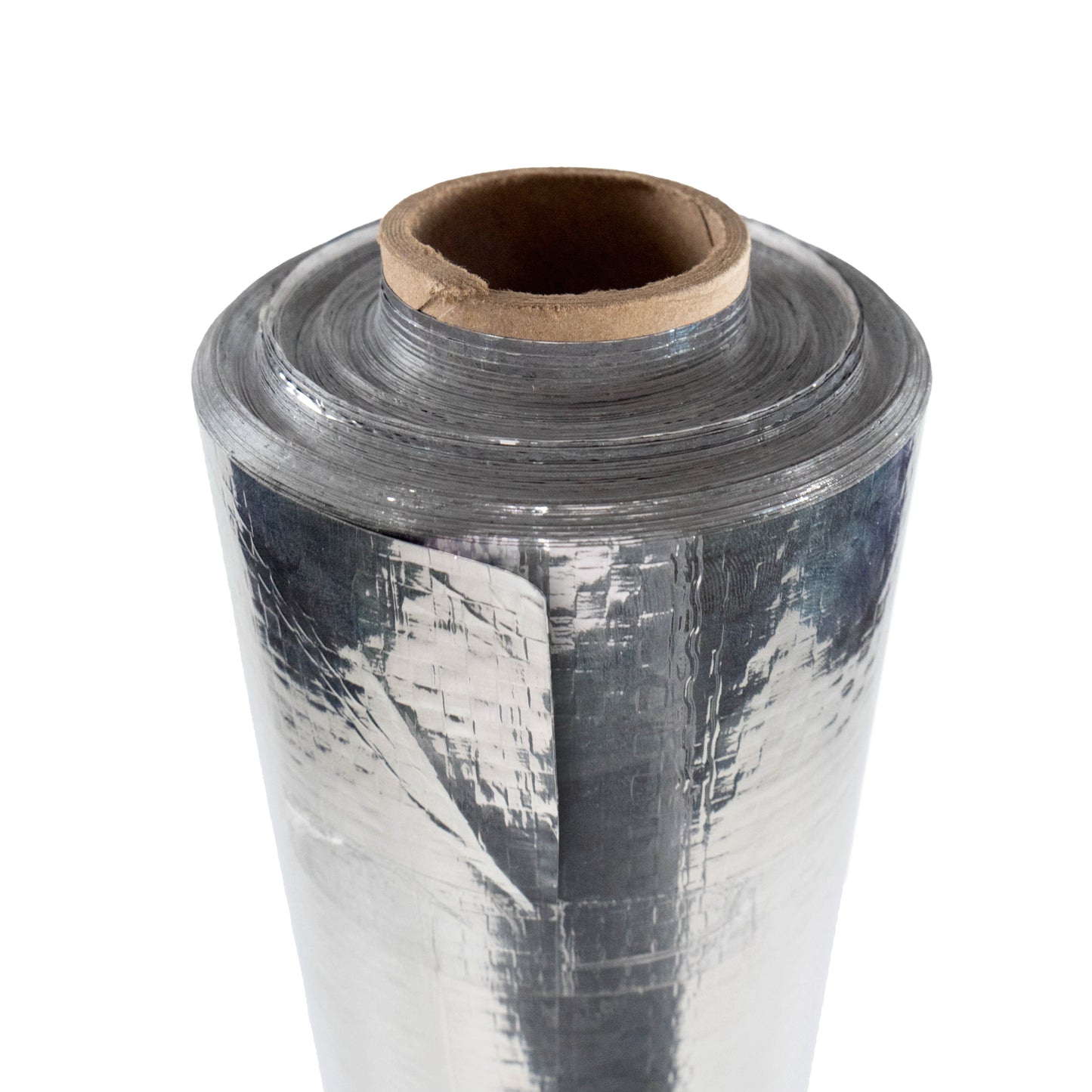
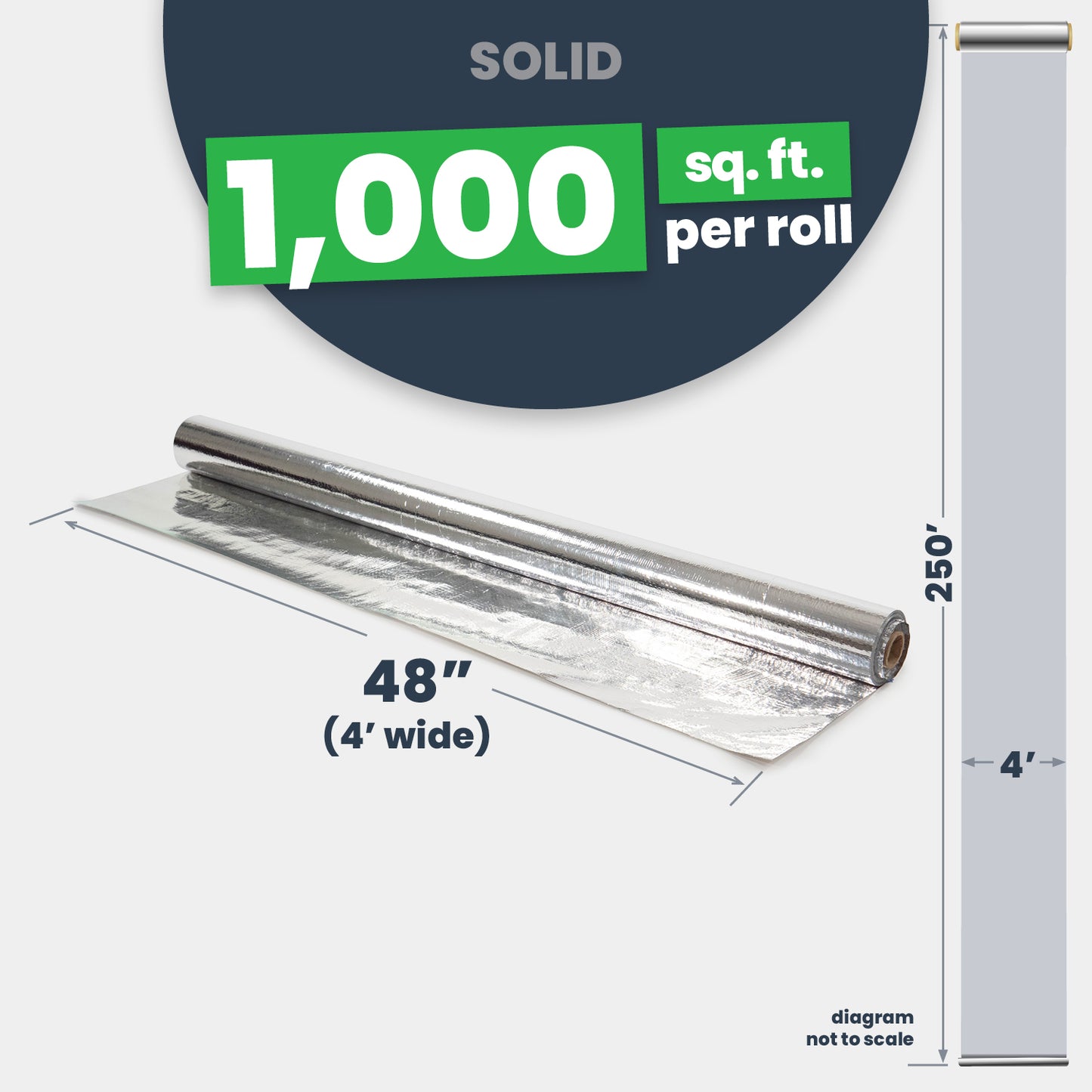
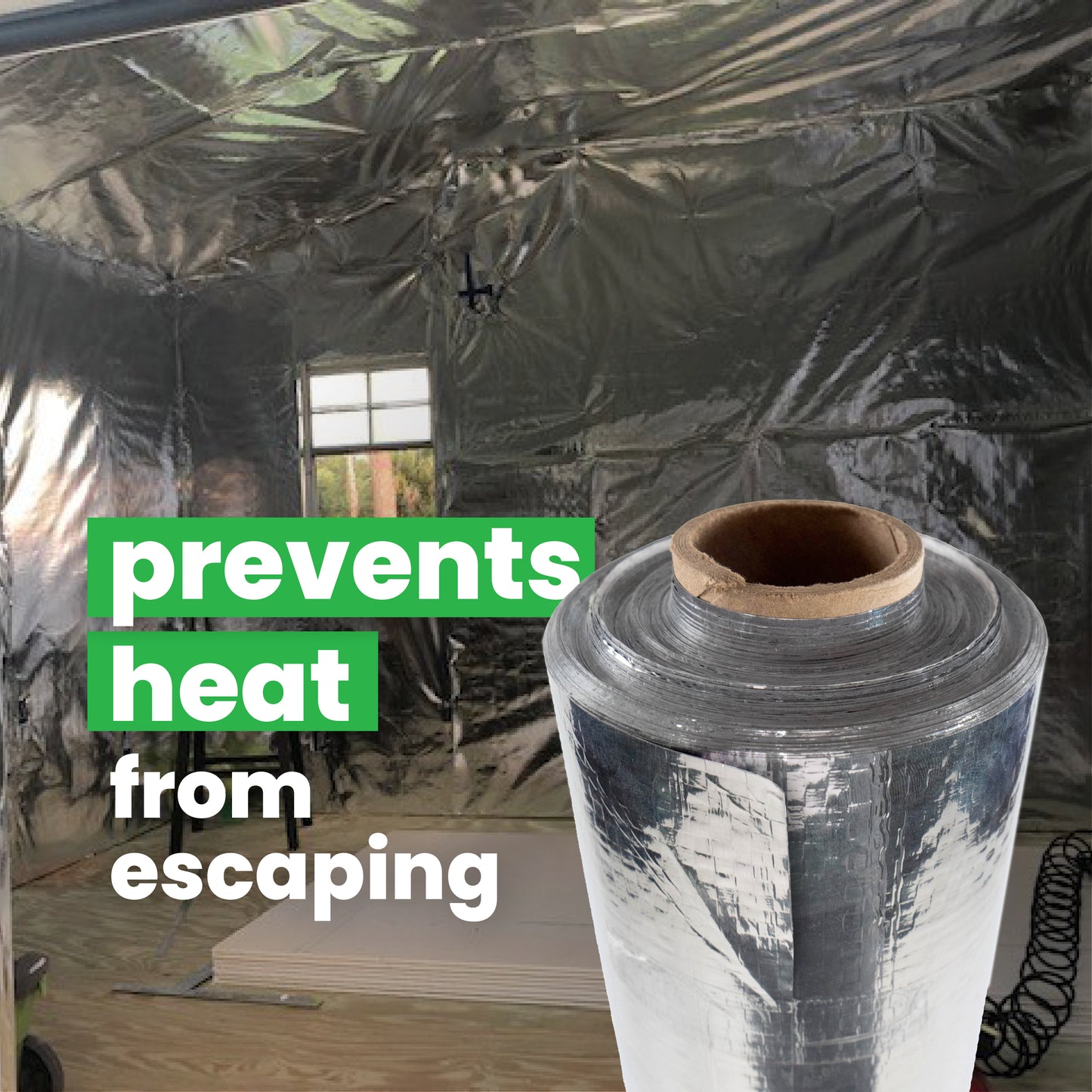
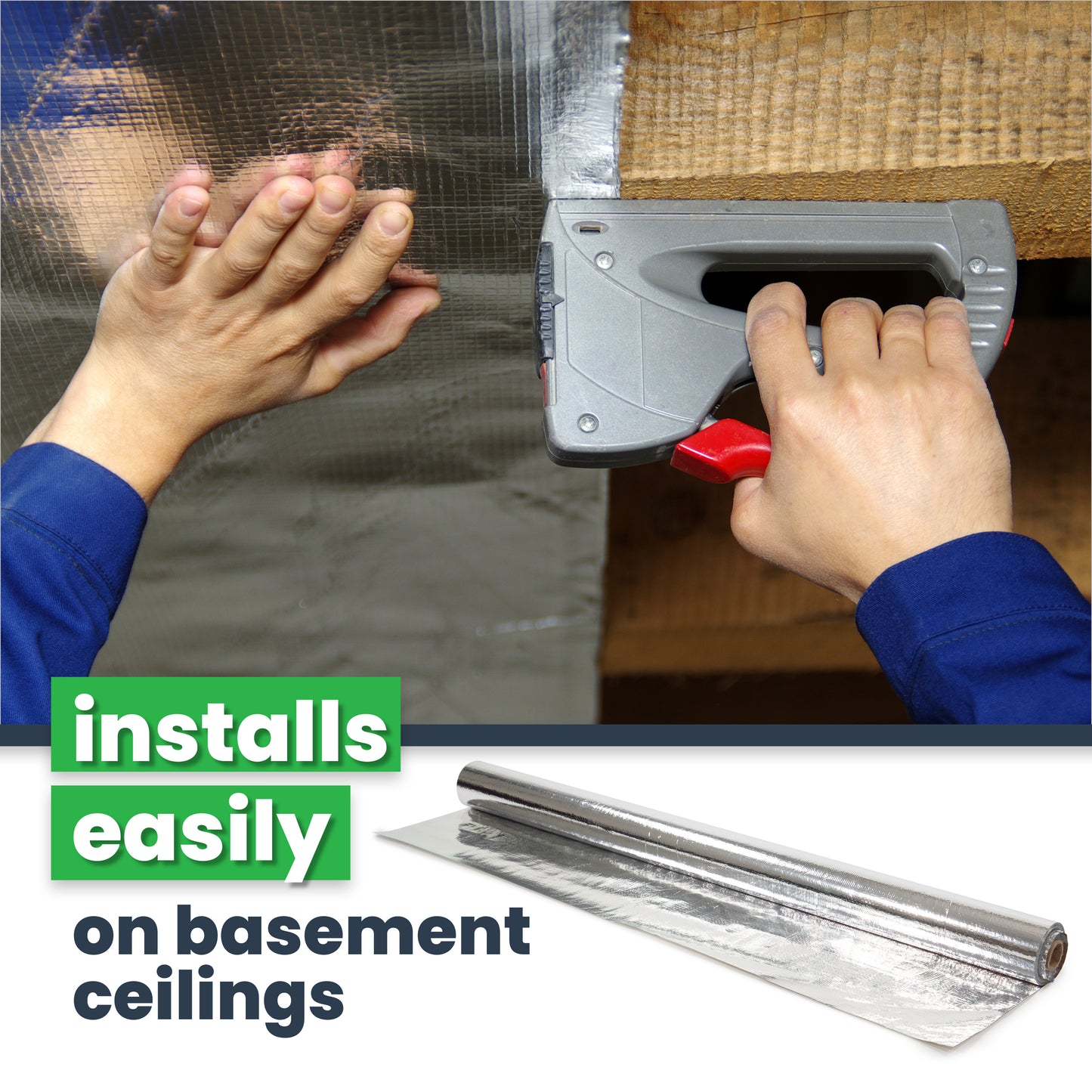
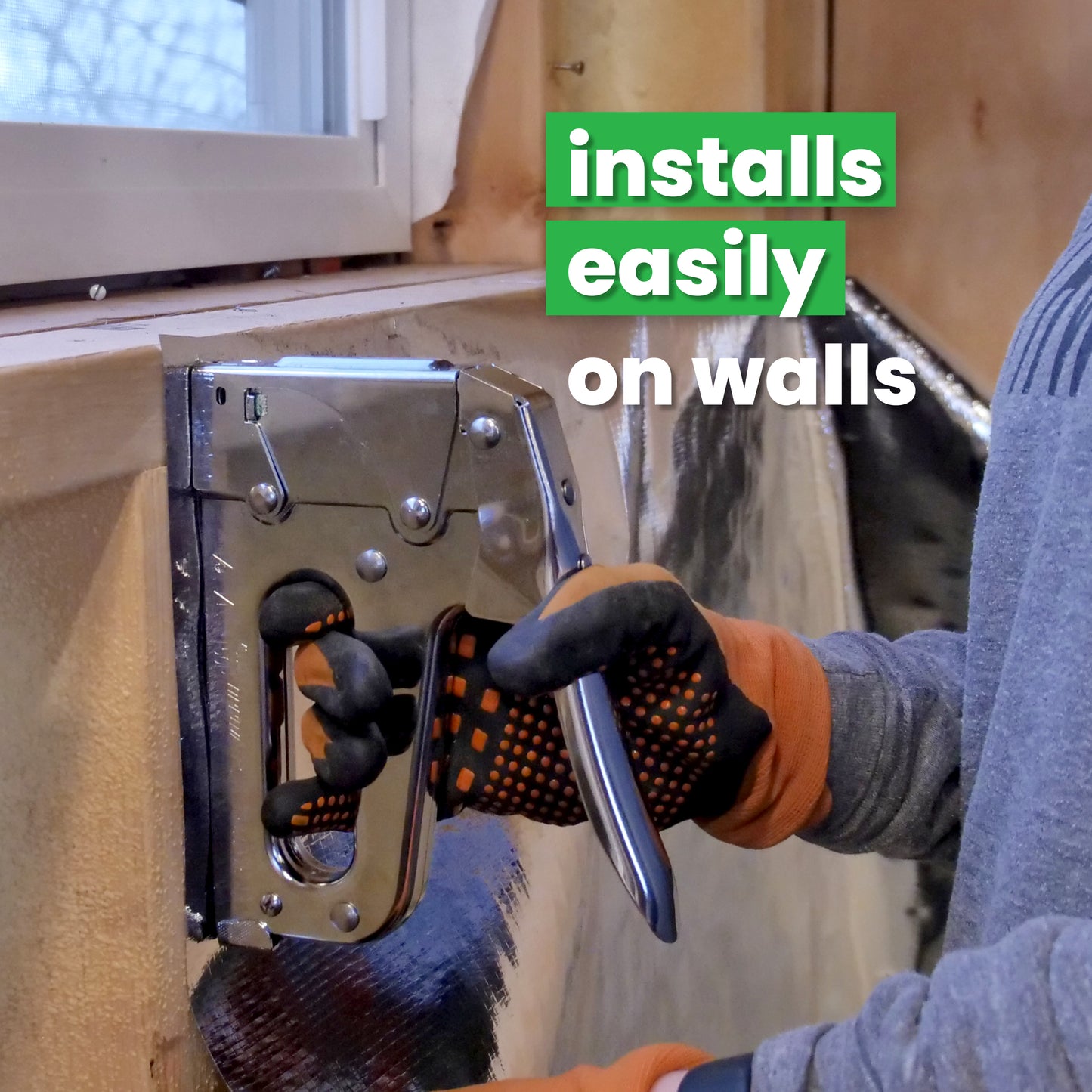
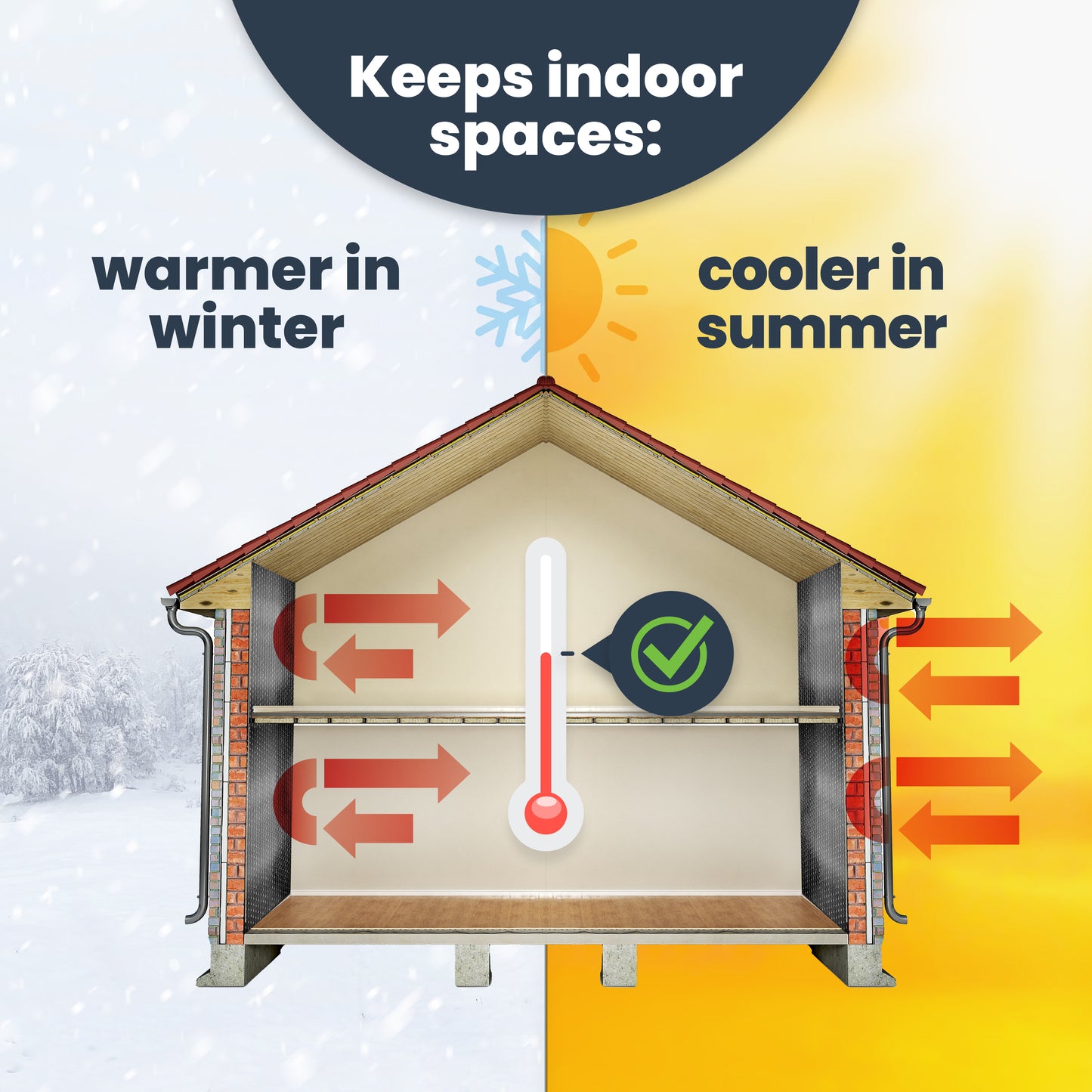
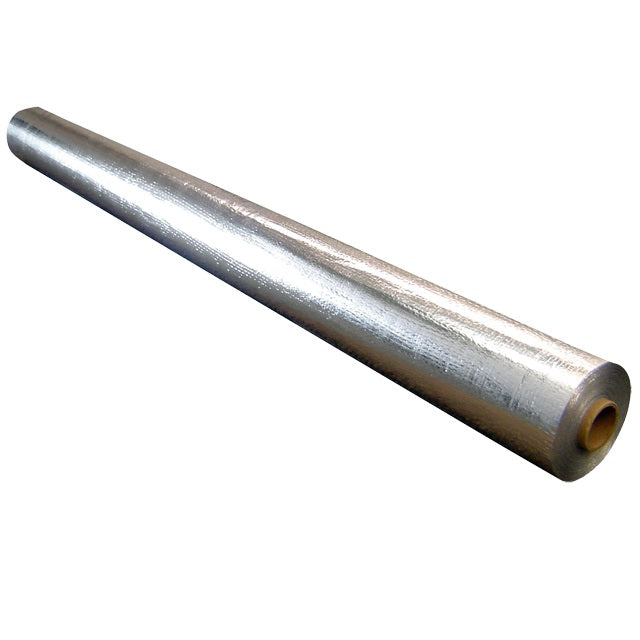
Solid Radiant Barrier Foil - 4' X 250' (1000 sq ft)
Frequently Asked Questions
What is the difference between Radiant Barrier Foil and Reflective Bubble Insulation?
Radiant Barrier Foil provides the same heat-reflecting properties as Single / Double Bubble Reflective Insulation. The difference is there are no bubble layers in Radiant Barrier Foil. The bubbles featured in our Bubble products provide a thermal break between air on both sides of the material, and prevent formation of frost and condensation inside and outside your building. Without the bubble layer(s), you're at greater risk of condensation forming inside and/or outside of your structure. Learn more here.
If you'd like to reflect radiant heat while also controlling condensation, choose Reflective Bubble Insulation.
- Single Bubble for warmer climates (Southern US)
- Double Bubble for colder climates (Northern US)
Should I choose Solid or Perforated Radiant Barrier?
This will depend on your application. In ventilated areas such as attics, it's important to allow air flow in order to reduce the chances of moisture and mold from forming. In such applications, choose Perforated Radiant Barrier.
Outside of attics, we typically recommend Solid Radiant Radiant Barrier Foil. For questions on your specific application, feel free to call us at 888.349.3645, send us a chat, or contact us electronically.
How much tape do I need?
1 roll of tape will be needed for every 500 sq ft of product. When installing Solid Radiant Barrier, It's important to tape the seams between adjoining sheets—never use tape to attach the product directly to your structure. Taping the seams creates a vapor barrier when installed properly, and helps ensure the reflective properties of the product. Important: use of tape is not recommended with Perforated Radiant Barrier.
How does Radiant Barrier Work?
Radiant barriers reflect radiant heat back towards its source, keeping interior spaces warmer in the winter and cooler in the summer. Radiant heat barriers can be used in a variety of applications and climates, providing more comfort to indoor spaces, while saving you money on energy bills year-round. You can learn more about how Radiant Barriers work here.
How do I install Radiant Barrier?
Installation methods will vary, depending on your application. If your structure has exposed studs, the material can be stapled with a staple gun. If you have nothing to staple the product to, choose a spray adhesive like Spray-Lock Multi-Purpose Eco-Friendly Spray Adhesive.
General tips:
- With any Radiant Barrier application, there must be air space on at least one side of the material. Learn more about air space requirements here.
- Never sandwich a radiant barrier between two surfaces without allowing for an air space, otherwise the heat will conduct through the material and will become ineffective. The only exception is Under Concrete Slab applications—due to the nature of these applications, an air space is often not an option.
- Unless you're insulating an attic, Reflective Insulation Tape is recommended to seal the seams. Never use tape with Perforated Radiant Barrier.
-

Free, Fast Shipping
Shipping and ReturnsAll EcoFoil products ship free. Expedited shipping options are also available.
-

Product Expertise
Contact SupportQuestions about Radiant Barrier? We're here to help with installation tips, quantity estimation, and bulk pricing.
Shop Radiant Barrier Foil Insulation
-
Solid Radiant Barrier Foil - 4' x 125' (500 sq ft)
Free Shipping!Regular price $115.00Regular priceUnit price per
-
Perforated Radiant Barrier Foil - 4' X 250' (1000 sq ft)
Free Shipping!Regular price $209.00Regular priceUnit price per -
Perforated Radiant Barrier Foil - 4' x 125' (500 sq ft)
Free Shipping!Regular price $115.00Regular priceUnit price per
-
Solid Radiant Barrier Foil - 4' X 250' (1000 sq ft)
Free Shipping!Regular price $209.00Regular priceUnit price per

